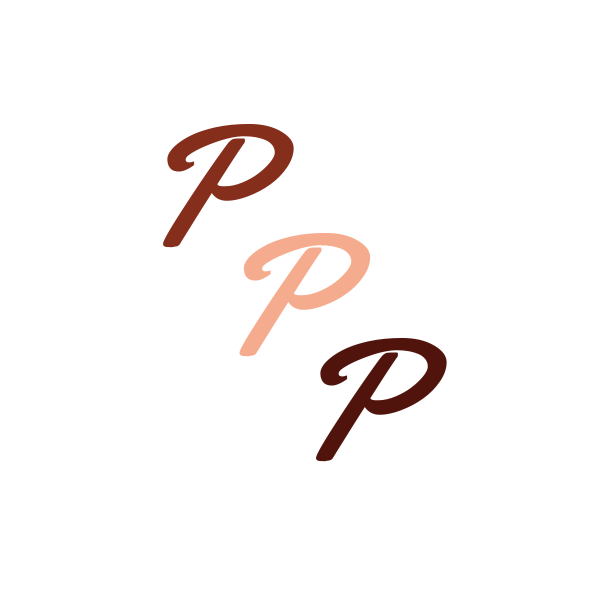I grew up with the unusual idea that there isn’t only one way to do religion. My father was Catholic, my mother Jewish. Even when they decided to send me for religious instructions, I never quite bought into it. When it was time for me to get confirmed, my best friend and I agreed it was the last time our parents would get us to church. There was a lot I didn’t like. The biggest was that women were second class citizens, at best.
After that, I considered myself an agnostic or an atheist for a long time. When I was in my twenties, working full time, and in graduate school, I started to have an interest in spirituality. This partly came from understanding that matter can neither be created or destroyed. If my body is going to be recycled, if I have a soul, that should be recycled, too. So reincarnation made sense to me. That was the first step. It led to reading about different religions. A lot of reading.
Eventually, a friend handed me “Wicca: A Guide for the Solitary Practitioner” by Scott Cunningham. The description of a god and goddess as energy and matter made more sense to me than anything I’d yet found. The idea that you could do religion and ritual by yourself struck a deep chord. Later on, I studied with a couple of groups, get ordained, and lead my own group for over a decade. I’ll talk more about those things in the future, but right now I want to emphasize that first “aha!” moment. It was tied to the idea of being connected to spirit, to deity, without the need for someone else to act as a mediator or gatekeeper.
In the United States, religion, particularly Christianity, is thrust upon us in a way that would put the founders into shock. This country was founded with a separation of church and state. Even in the places where the lines haven’t completely blurred, many people act as though Christianity is the default. They assume everyone fits into that particular square hole. If you don’t, you are otherized, made to feel like you’re an alien, and sometimes in physical danger.
Wicca and witchcraft are about self-empowerment. High Priestesses and Priests are teachers, not gurus that must be obeyed. The individual has value and women often lead. On “Poetry, Potions, and Pistols,” potions represent the individual breaking out of the religion-prison and going their own way. That might be Wicca or another Pagan religion, a different religion such as Buddhism, or no religion at all. Be your own guide, find your own spiritual path, without succumbing to societal pressure.


Leave a Reply